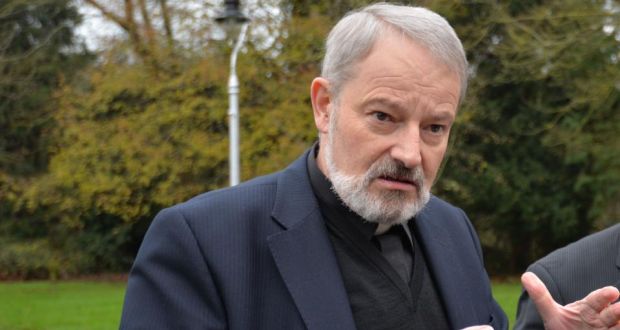The principles of Humanae Vitae, Blessed Paul VI’s 1968 encyclical on the regulation of birth, have been “ignored for too long”, Elphin’s Bishop Kevin Doran has said, with the Church needing to present them “in a fresh way, in contemporary language and in an appropriate context”.
Opening a Nazareth Family Institute-organised conference in Dublin to mark the 50th anniversary of the controversial encyclical which Pope Francis has described as “prophetic”, Dr Doran said while there was “undoubtedly” a place for appropriate presentation of the Church’s teaching on human sexuality in Catholic schools, he was wary of overloading the school curriculum.
“The people who have the most practical experience of living the challenge are Christian parents and I do believe that we need to find ways of bringing this message to them, both for themselves and so that they can serve it with their children,” he said.
Noting that while most people associate Humanae Vitae with the condemnation of artificial contraception, Dr Doran said the encyclical is “much richer than that”, and that “many people would be surprised to find that the word ‘contraception’ does not actually appear anywhere in the document”.
Teaching
After Dr Doran’s address, Steubenville, Ohio’s Dr William Newton explained the essential teaching of Humanae Vitae, with Prof. Maria Fedoryka of Florida’s Ave Maria University speaking about the centrality of love in the encyclical and Dr Marie Meaney of the International Theological Institute exploring reasons for avoiding artificial human reproduction.


 Bishop Kevin Doran
Bishop Kevin Doran 